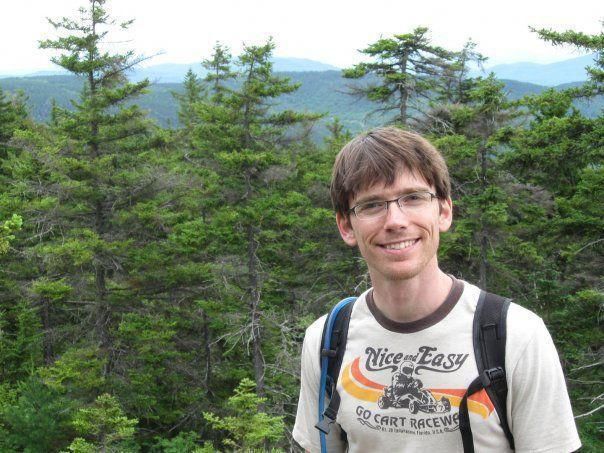Some information may be outdated.
From our dining room table, I could see the front lawn’s spring green and Pepper, our big tabby, sprawled in the grass. I ate cereal and browsed Saturday’s headlines. Then I noticed a sudden movement of Pepper’s front paw. Another. He reached out as if pinning something to the lawn.
I stood, put my nose against the windowpane.
Tiny and grey, a creature moved beneath the cat’s claws. He let it go, flipped it up into the air when it tried to flee, held it down again. Even from this distance, I could discern the panicked movement of his prey. It was all elementary to my feline predator.
But to me, the terror of a mouse mattered.
“Pepper.” I emerged from the front door and stepped onto the lawn. “Don’t torture that mouse. Let it be.”
Our sweet cat blinked languidly up at me, pleased to hear his name. I stood over him and his terrified playtoy.
“Come here,” I said, bending to scoop him up. He splayed out like a ragdoll, happy to be held, mouse forgotten. A skilled hunter, he’d probably already eaten a bird that morning. On a farm like ours, a cat served the important purpose of keeping the rodent population in check. Still, a quick kill is one thing, torment another.
At my feet, in the dewy blades, crouched a mouse vibrating with fear, too terrified yet to make a run for it. Pepper lay purring in my arms.
“Let’s go inside,” I said, turning to bring the cat indoors.
When I stepped away, that mouse finally made a break, blindly running for cover. Just as I set my foot down, it bolted exactly under the tread of my shoe.
Crunch.
“Hey!” I jumped back.
Pepper looked down at the flattened mouse and then back at me as if to say: “Golly, that was mean.”
The irony. It shocked me.
I’d tried to do something good, and it ended badly. A classic axiom sprang to mind: “The road to hell is paved with good intentions.”
Years later, I still think about this. How could I have handled it differently? Should I have let nature take its course? Was it a mistake to insert myself? After all, that mouse probably stood a better chance facing a cat than the weight of a human body.
These questions resonate for me not because the life of one mouse is monumentally consequential but because such notes are repeatedly struck in our presence. Faced with the suffering of people and animals all around us, we ask: can we help our fellow beings thrive? How can I be sure this help is the right help?
I don’t know. But I believe the instincts to prevent suffering and to treat all beings with dignity cannot arise in error. They emerge from the divine and illuminate a fundamental aspect of our awareness. It’s in our nature to turn away from fear and hate, to turn toward joy and love. We wish this for ourselves and for others. It’s written in the genes of life. Given the right environment, which requires excellent luck, goodness proliferates.
Therefore, I take issue with that old adage. Good intentions do not pave the road to hell. If true, that cynical little idea would make progress, moral or otherwise, utterly impossible.
Rather, I say that, too often, we fail to notice the nascent spark of good intentions. When our culture is making noise about right and wrong, while assailed by the cacophony of sales pitches touting the next quick fix, I must listen all the harder to hear that quiet voice urging me to love. This gentle instinct is a compass of the heart pointing toward true north.
Now, the direction is one thing, traveling another. It’s true; doing good is rarely as straightforward as, say, plucking a drowning child from a kiddie pool. Transforming intentions into well-executed acts can be tricky. Sometimes it requires a lot of experience and a solid dose of luck.
Yet it all begins with those urges of compassion and connection. If we can’t dare to envision a safer, more loving world, if we fail to pay attention to the precious beings all around us – what are we doing here?
I don’t regret trying to help that mouse. Ninety-nine times out of a hundred, I would have relieved it of suffering. The lightning bolt of bad luck struck. Faced with the same situation today, I’d do my best to intervene again. To stop hardship in its tracks is a worthy motive.
I don’t always get the implementation right. Nor do you. But to aim for the good, to get a compass reading from the heart – that is the wellspring of all beautiful things.
Daniel McNeil is the director of Grand Area Mentoring.
Appreciate the coverage? Help keep local news alive.
Chip in to support the Moab Sun News.



